

Rarely does a game feel this frustrating. Here's an example: my Rohirrim archer cavalry are piling arrow after arrow into Mordor's dark towers. They sit out of range, laughing to themselves at impotent orcs cut down as the fortifications crumble. Right click, move on to attack the next. Without warning my men rush in to the fray, disobeying my direct orders. They're cut down instantly. Their corpses left to rot in Middle-Earth's mud.
Or try this, an early level: the Rohirrim are on the attack again. There are no flaming arrows this time round, but the buildings spew back fire, wilting my attackers. Meanwhile, at the back of the base an Uruk Pit streams out enemy infantry leaving my archers vulnerable. The only tactic: continually produce cavalry to counter, using them to charge in and out, nullifying the computer's dumb, dumb spawning. This takes half an hour. I sit, clenching teeth, tearing at the mouse, praying they make it. At last, they do. VICTORIOUS! My score is totted up, clearly I'm an orc crushing god. Then it's on to the next mission: exactly the same scenario; exactly the same problems; requiring exactly the same solution. Except this time the darkened coal background has been replaced with grassland.
Or maybe this: playing as Mordor, I've isolated a Rohan outpost. The men inside cower at my mighty ballistae as they ravage the outside walls. With the defences down, siege ladders are deployed, enabling Uruk-hai to scale the walls. But an ominous pot of dynamite sits to one side, waiting for a match or flaming arrow. The spark hits, blowing the wall apart and sending the wretched elves manning the turrets spinning to their doom. At once it's thrilling, spectacular and utterly violent. How can this be? How can something this beautiful be found in something this flawed?
The only thing left after an extended stay in Middle-Earth is frustration. Frustration with a game that should have been so outstanding, that should have been one of the finest strategy games of the year. Frustration that the world's largest publisher has imposed their impossibly high production standards onto a game that doesn't deserve the licence. Beneath the flash, the sampled voices, orchestral score, magnificent landscapes and monstrous animation lies a mess of inexplicable design decisions, bizarre mechanics, Fisher Price strategy and a strange disregard for Tolkien's story.
The good: this game is immediately engaging. When two armies clash you're drawn through the screen, into the combat. While the game never approaches the scale of the armies in Rome: Total War (or indeed the lavish LotR promotional screenshots), it is still beautiful. It's to do with sound, mostly. You're surrounded by the noise of war: screams, violence and industry. Every moment drips atmosphere, be it skirmishing in the driving rain of Rohan or creeping through the Mines of Moria, driving out Goblins, Cave Trolls and the mighty Balrog.
Meanwhile, much of the traditional real-time strategy fat has been stripped away, leaving nothing but war. Resource management has been vastly simplified compared to Warcraft or even WH40K: Dawn of War. If you want cash, build a farm, a foundry, or a lumber mill. There's no need to worry about sending peons out to harvest: they'll happily produce goods in situ. More good: there's no worrying about balancing your supplies. Each encampment produces a catch-all currency, there is no specific wood, iron or food, just cash. The result of this is a pure focus on combat. Gaining a foothold is less about the economy and more about gathering a mixed brigade of troops and sending them forward. Even more good: the interface that manages this army is spectacular. It feels object orientated rather than menu driven. If you want a new collection of Uruk-hai, just click on their pit and an icon will appear. One more click, and your horde is born.
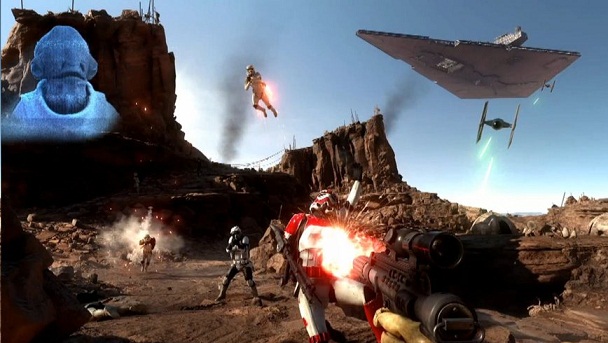
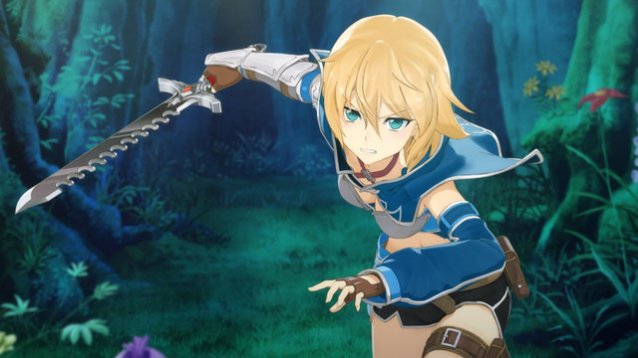

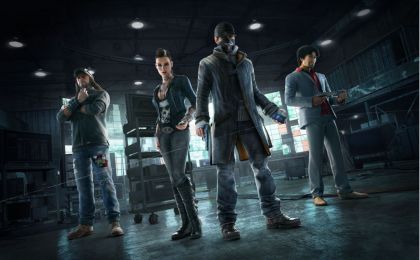
 The 8 Best Devices for Streaming Movies to Your TV
The 8 Best Devices for Streaming Movies to Your TV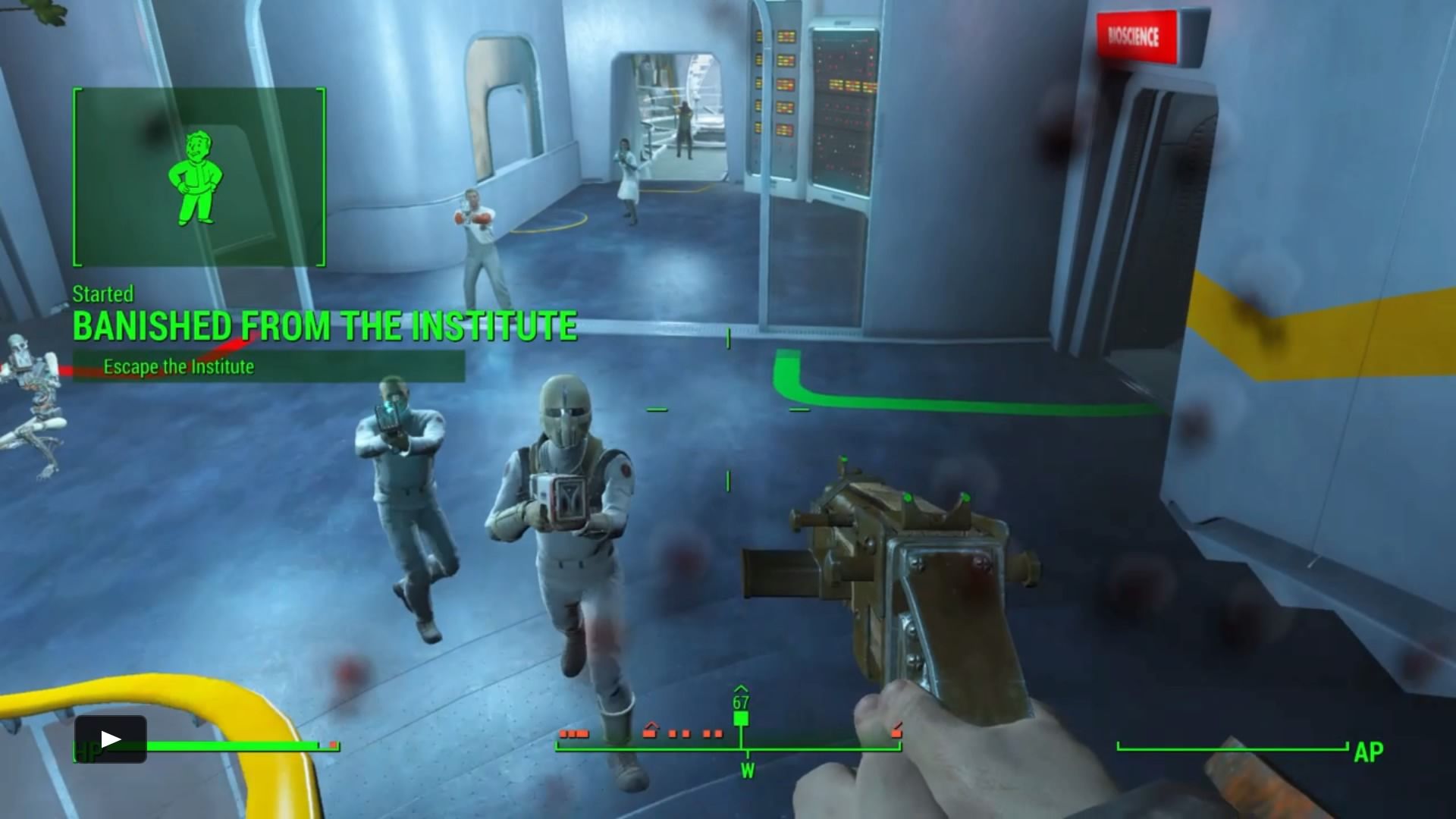 Fallout 4: Banished from The Institute walkthrough
Fallout 4: Banished from The Institute walkthrough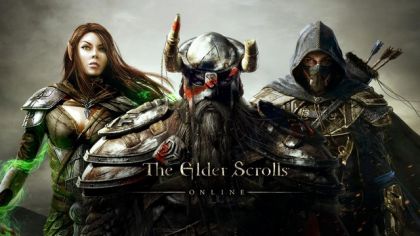 The Elder Scrolls Online: How to Fix Crash, Patch Manifest Error, Connection issues, Launch issues, Log-in error, Black Screen etc
The Elder Scrolls Online: How to Fix Crash, Patch Manifest Error, Connection issues, Launch issues, Log-in error, Black Screen etc Review: Corsair STRAFE Mechanical Keyboard
Review: Corsair STRAFE Mechanical Keyboard Assassins Creed Unity 3-way power play
Assassins Creed Unity 3-way power play